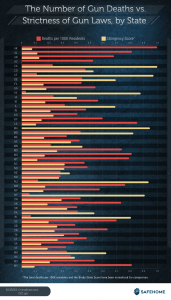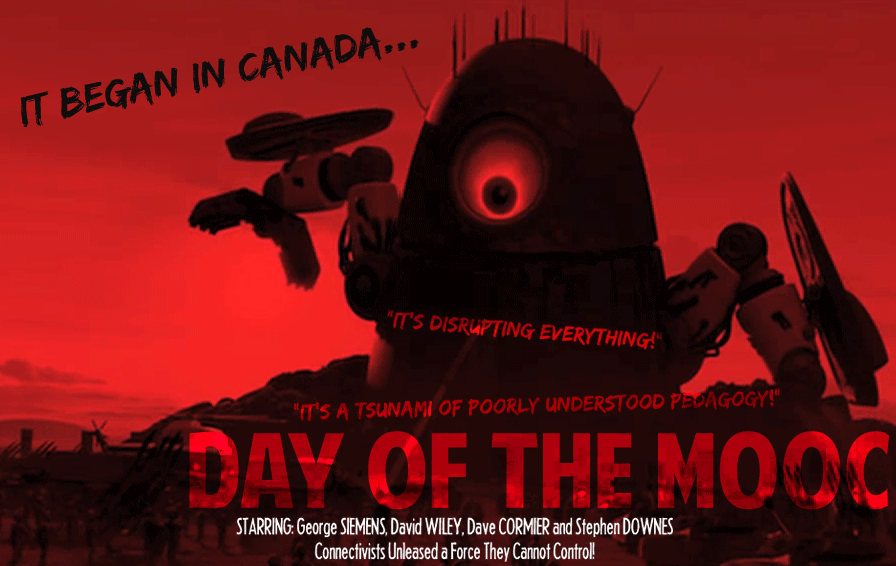If you pay attention to all the publications of contemporary Chinese cinema and media from the People’s Republic of China in the last ten years or so, or if you have the experience of advising graduate students who studied in mainland China, you may notice a buzzword: yujing (语境; linguistic context). The term yujing is actually composed of two words, yu (语; language) and jing (境; terrain or border). The word jing also carries a quasi-religious connotation of the term jingjie (境界; level of self-cultivation). Hence, when I first heard of the term yujing, I was struck by a certain aura around it, as though it were some state of being that one can achieve only through hours of yoga and daily exercises of Tai chi.
But then, if you were familiar with how the term yujing has been used in media researches, you would find the term incredibly dull and earthly. In all honesty, the term is often employed quite unimaginatively. For example, when some says “Hou xiandai wenhua yujing nei de Zhongguo dianying” (后现代文化语境内的中国电影; Chinese cinema in the postmodern yujing), the term yujing can be roughly understood as the linguistic (cultural, social, political, or literally, linguistic) environment or context within which postmodern Chinese cinema has been produced. The effect of hearing the term yujing is therefore not quite different from our hearing a term such as “discourse.” Very much like the case with discourse, after having read the term yujing in over several hundred book and article titles, you begin to feel indifferent towards what the term can potentially do.
So what is yujing? None of the books that use this term would give me an answer. Likewise, none of my advisees could tell me exactly what they mean by inserting this term conveniently in their sentences––albeit very convincingly. If the term yujing were to be understood interchangeably with the term discourse, it falls short of questioning the dispositif that is crucial in making the term discourse not only a descriptive one, but also a critical one.
Therefore, one day, I decided to ask H. Saussy.
Thanks to him, I now realize that the term “linguistic context” came from the anthropological studies of Bronisław Malinowski of the Kula ring—an institution of trading and gift-exchanges in the French-colonial Trobriand (now the Kiriwina) islands––when he, being a subject of Polish descent, was stranded during the First World War (1914-1918) as an “enemy.” The term “linguistic context” was initially conceived when Malinowski was asked to write his seminal article “Kula; the Circulating Exchange of Valuables in the Archipelagoes of Eastern New Guinea” by the editors of the magazine Man in 1920 (not the gay pornographic magazine under the same name). The question at stake was: How could Malinowski, as a European man, communicate with the “natives” when no linguistic commonality could be found among them? Malinowski’s answer is: via linguistic context. On the surface, the idea of the linguistic context can be interpreted simply as the syntactical context that precedes and succeeds an utterance (often translated into Chinese as shangxia wen). It can also be extended to the use of facial and bodily gestures that help the addressee understand what she or he has failed to comprehend verbally.
In this sense, the term yujing is not as empty-headed as I almost thought it would be. In fact, I believe that we should treat it quite seriously as a different way of thinking about what we mean by a discourse, especially in media studies.
Notice that yujing presupposes a semantic gap or absence that a human or technological medium can help contextualize. In the Chinese context, this could be an interesting form of intervention. The Chinese term of “media” are meti (媒体) or meijie (媒介). The word meiti was most likely borrowed from the Japanese term baitai, which—at least in Chinese—places the emphasis on a ti (tai; body) that conveys something or negotiates the relationship between two beings, objects or events. The word meijie can be traced back to the “Zhang Xingcheng zhuan” (“Biography of Zhang Xingcheng [587-653]”) in the Jiu Tang shu (Old Books of Tang, Liu Xu, 941-945). It literally means “through the intervention of a go-between.” The term puts the emphasis on the act of intervention, which produces a synergy that would otherwise be missing if two persons or objects were to act alone. The term yujing therefore indicates either a go-between body that sutures discrete linguistic modes or understandings by conveying certain meanings or values between two agents of communication, or a synergy that sparkles between two bodies as a go-between intervenes into a conversation.
Not only that, Malinowski considers the process of mediation as a process of gift-exchanges. For Malinowski, in this process of gift-exchanges, what being transacted are neither “utilities” nor “ornaments”; rather, they are “valuables” that carry no “surreptitious” value other than a certain reconfirmation of a bond between members of a community who are of the same social status. It also has the effect of distinguishing the inside and outside of a community by negotiating the boundary between those who can partake of the process of gift-exchanges and those who are excluded from it (99-100).
A very interesting part of the Kula trade is that the vaygu’a (valuables) are indeed traded for the purpose of stimulating “a desire for wealth, for ownership.” Yet, for Malinowski, the “conception of value and the form of ownership … are different from those current among us.” Malinowski observed that many of these vaygu’a are traded not for the purpose of accumulating them as “capital”; rather, they often circulate the trading ring as tokens for expressing the communal needs, sexual desires, friendship and social recognition (103-105). In other words, the term yujing in fact refers to an economy of social exchanges that are conducted for the purpose of maintaining a certain circulation of desire.
When media scholars use the word yujing to talk about a mediascape, what they have in mind is probably a geopolitical or cultural territory that is being mediated by the various mechanical and electronic media. But what the term implies—perhaps subconsciously—is a set of hierarchical limitations or socio-legal prescriptions that intervene our media space. For example, what our social media (e.g. Facebook, Youtube, Tudou and Weibo) do today is not necessarily open up a fully democratized and free-for-all process of mediation. Rather, they reinforce a process of gift-exchanges or information-exchanges that would consolidate our individual and collective social spaces and in-group affiliations. It also maintains certain distances between media communities that are separated physically by means of their verbal languages, cultural values and political conditions—and more importantly, the semantic gap that is often presumed to be unbridgeable or un-mediable in verbal understanding
Hence, in some ways, this idea can be seen both positively and negatively. On the positive side, the term yujing communicates a hope that contemporary media, through both verbal and non-verbal interventions, can somehow circumvent the linguistic differences between various geopolitical communities and achieve a certain form of mutual understanding. On the negative side, it simply indicates that these differences need to be acknowledged––and to some extent, maintained––in order to corroborate our existing international order and hierarchy of political power. In fact, mutual understanding, in this “negative” interpretation, can be understood as a social consensus that is achieved through the intervention of the state or corporate power.
So, next time when we use the term yujing, it would be interesting to explore further what implications such term might have on the way we understand how our private opinions, sensations, affects and emotions are in fact mediated—or in some cases, failed to be mediated. And more important, out of the very semantic gap between the term yujing and discourse, we may be able to come up with a different kind of critical intervention––a new linguistic context or terrain that can open up new potentialities.
For your interests:
Malinowski,Bronisław. “Kula; the Circulating Exchange of Valuables in the Archipelagoes of Eastern New Guinea.” In Man, vol. 20 (1920): 97-105.







 Some people think MOOCs are bad, some people think they’re good (though I know almost none of the latter). But what you really need to know is: what’s going to happen to the university in the next twenty years as a result of innovations in content delivery?
Some people think MOOCs are bad, some people think they’re good (though I know almost none of the latter). But what you really need to know is: what’s going to happen to the university in the next twenty years as a result of innovations in content delivery?
